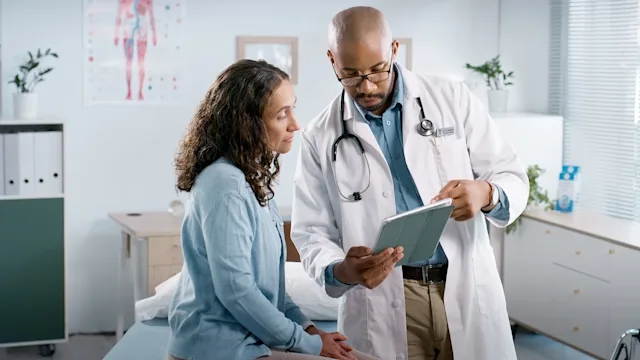Medications like antidepressants can provide relief for people living with major depressive disorder (MDD) and other types of depression. The most common type of antidepressant is an SSRI, or selective serotonin reuptake inhibitor.
If someone doesn’t find relief from an SSRI, there are many other medication options for depression, as well as non-medication options, according to Jacques Ambrose, MD, MPH, FAPA, Psychiatrist at Columbia University Irving Medical Center.
Jacques Ambrose, MD, MPH, FAPA, is a Psychiatrist at Columbia University Irving Medical Center.
References
Chu, A., et al. (2023). Selective serotonin reuptake inhibitors. StatPearls.
Gunay, A., et al. (2022). The novel rapid-acting neurosteroid-based antidepressant generation. Current Opinion in Endocrine and Metabolic Research.
Laban, T. S., et al. (2022). Monoamine oxidase inhibitors. StatPearls.
Sansone, R. A., et al. (2014). Serotonin norepinephrine reuptake inhibitors: A pharmacological comparison. Innovations in Clinical Neuroscience.
Scheffler, Z. M. et al. (2023). Antidepressants. StatPearls.
Yavi, M., et al. (2022). Ketamine treatment for depression: A review. Discover Mental Health.

Why trust our experts?


Search and compare options












